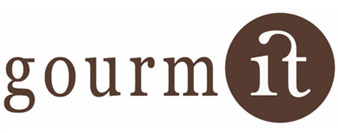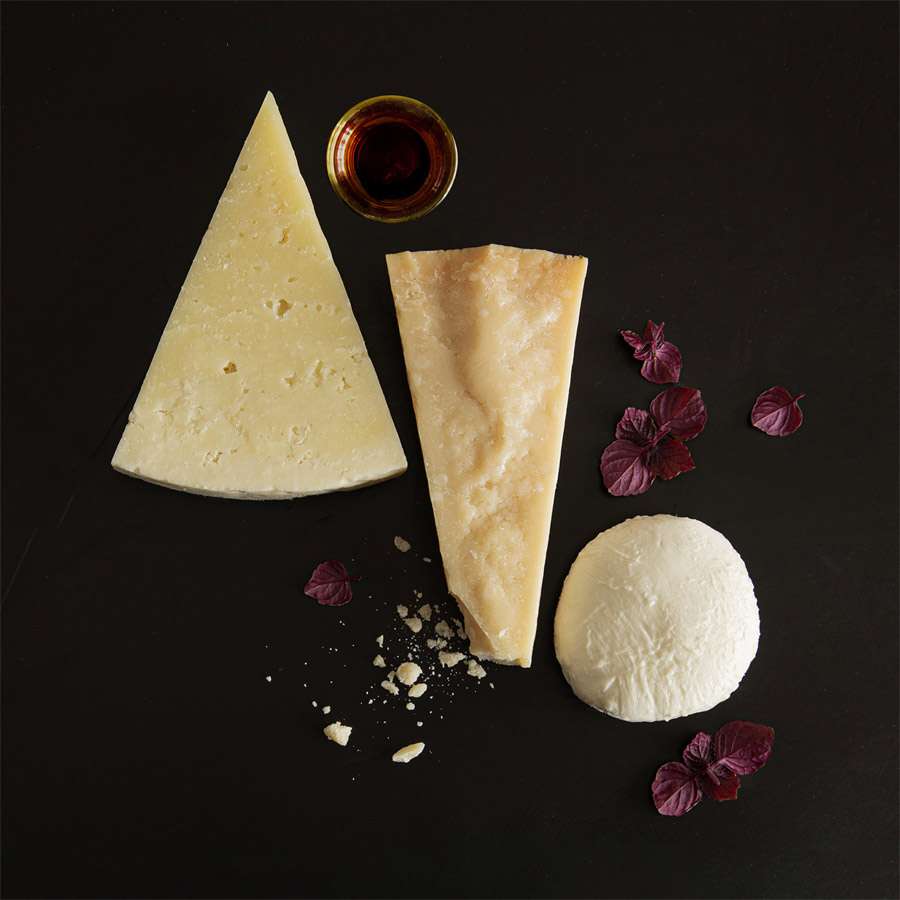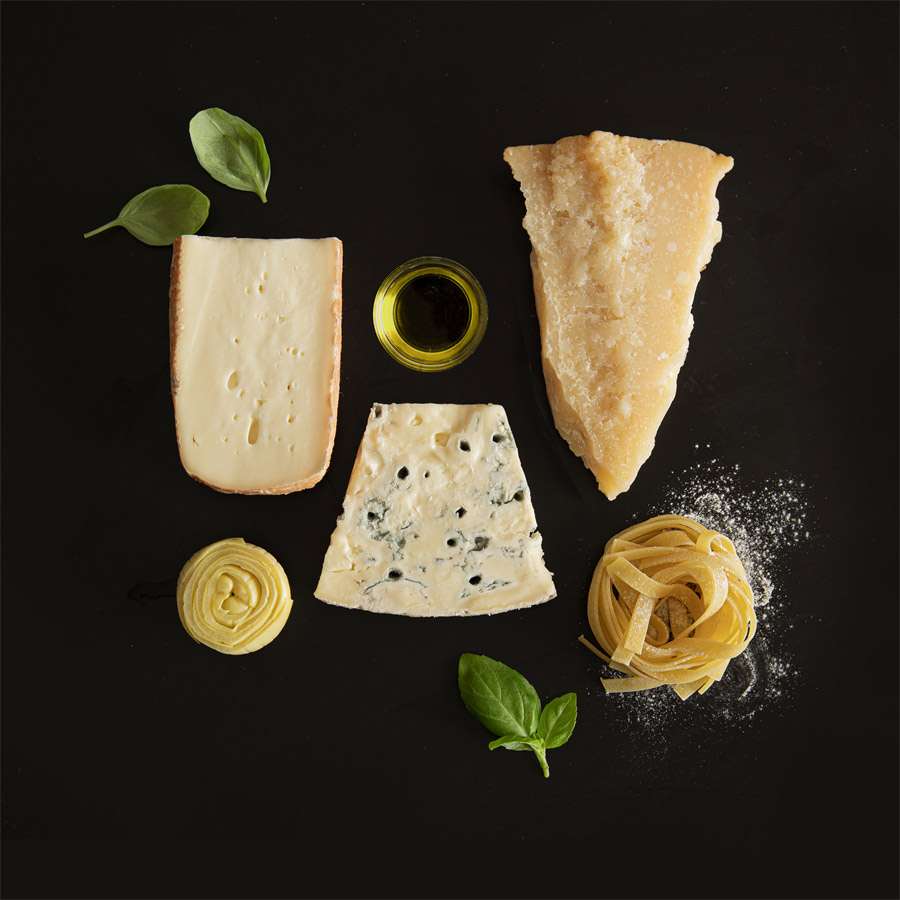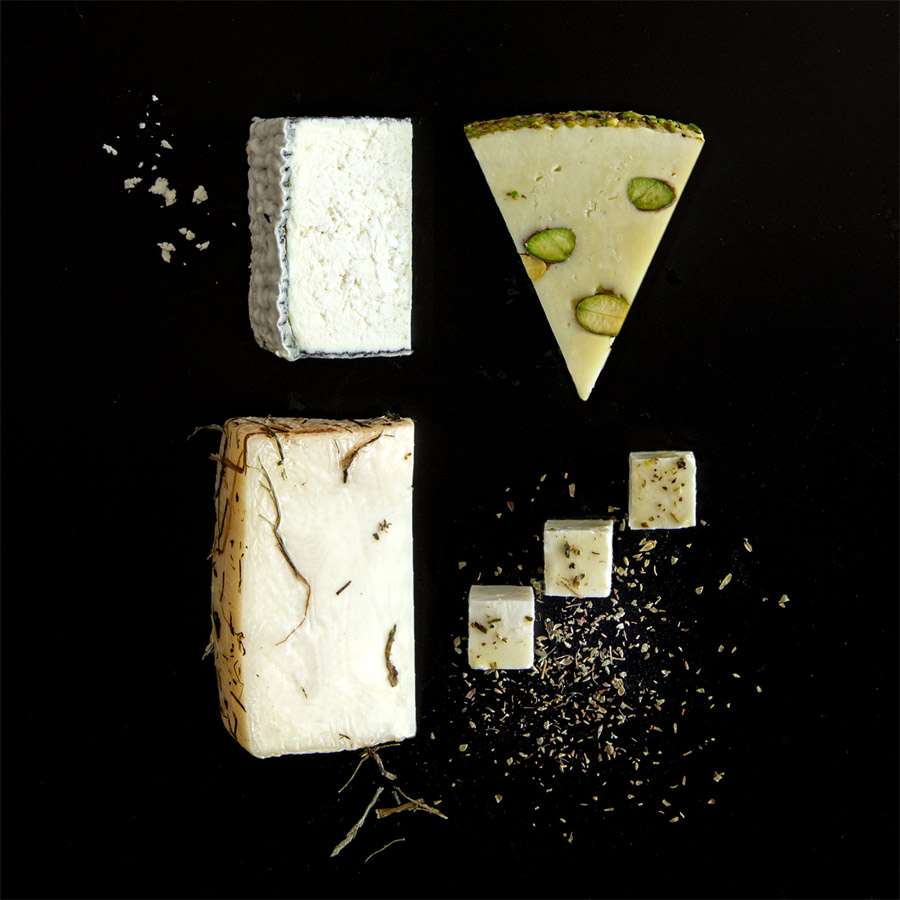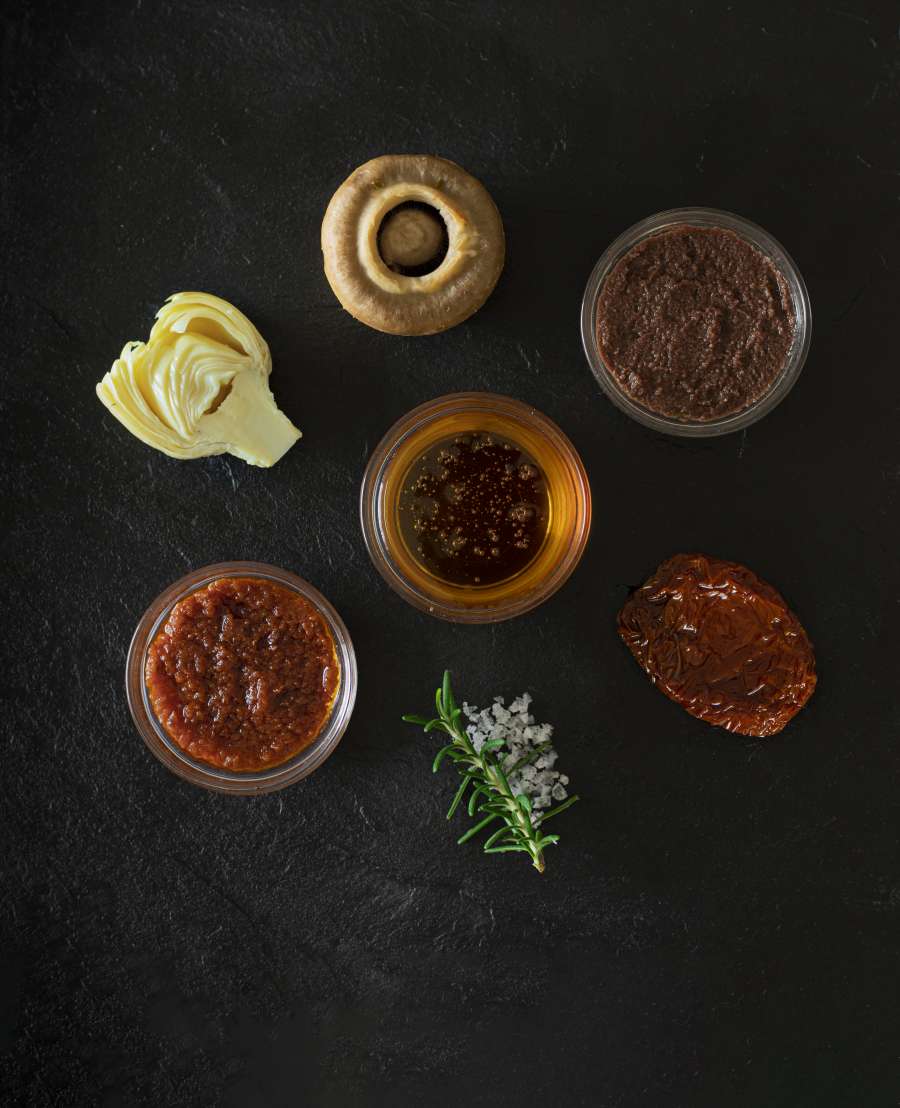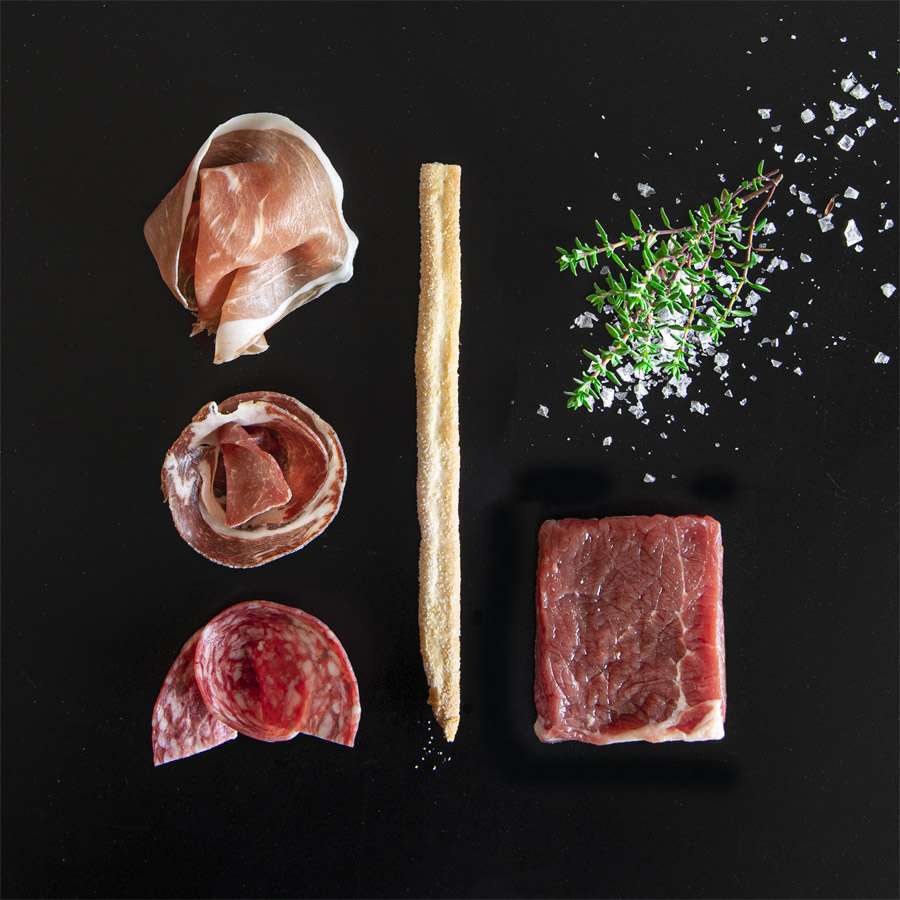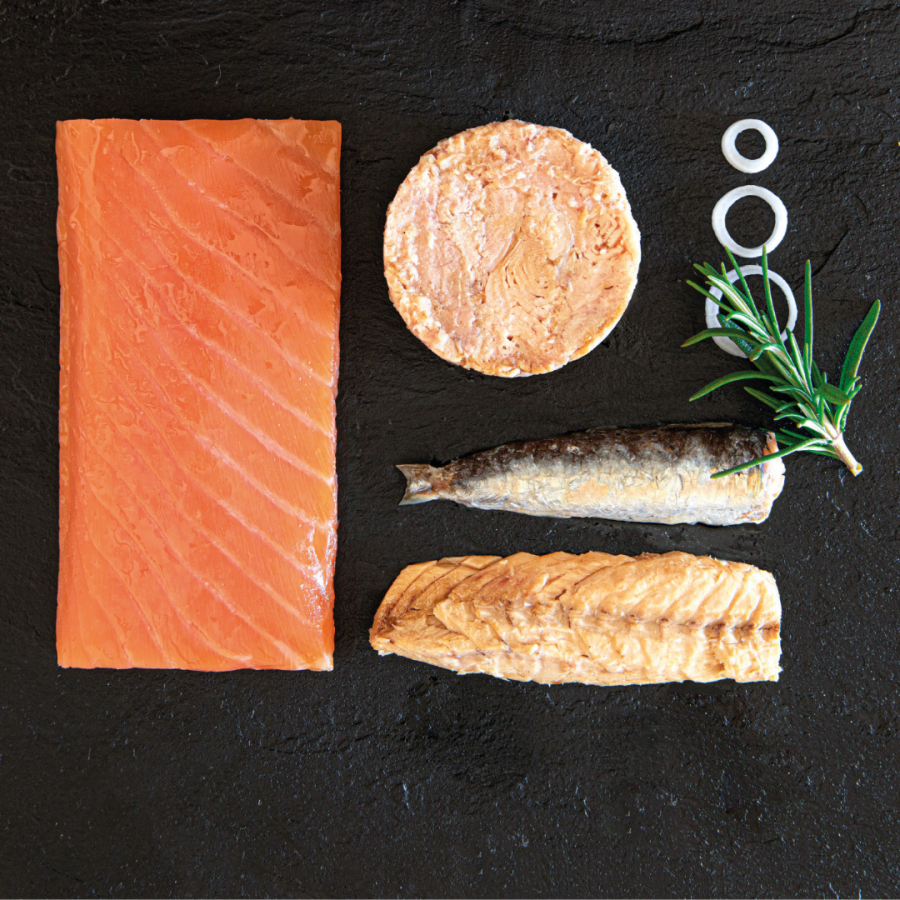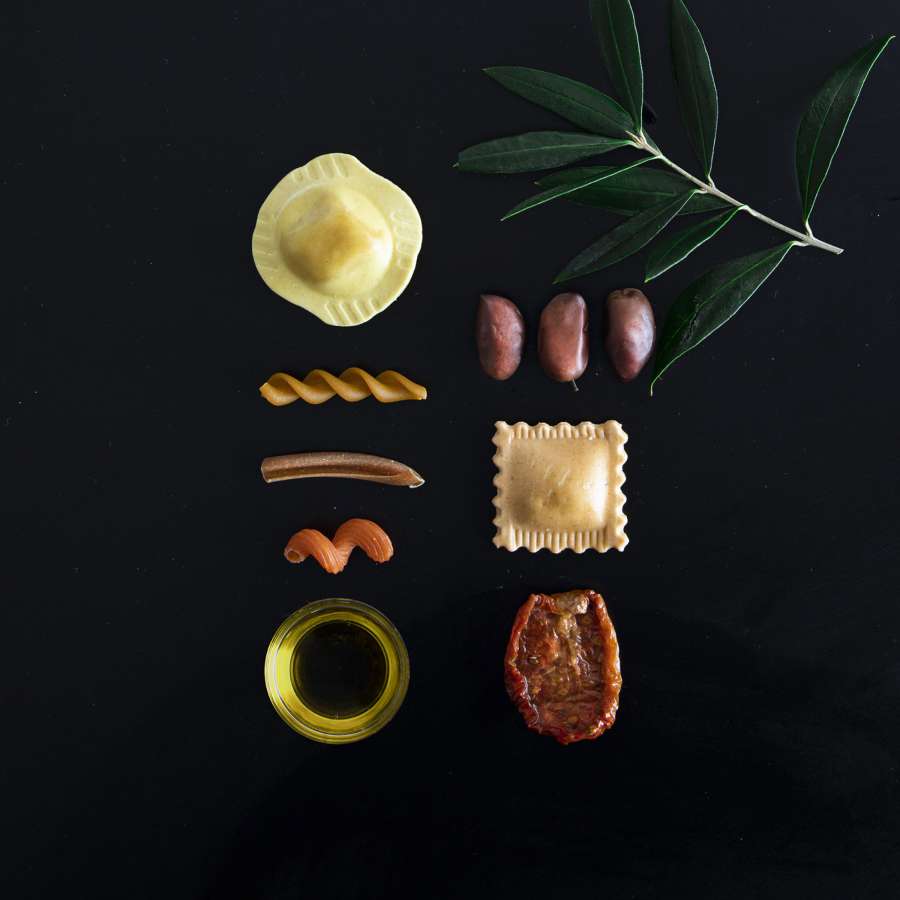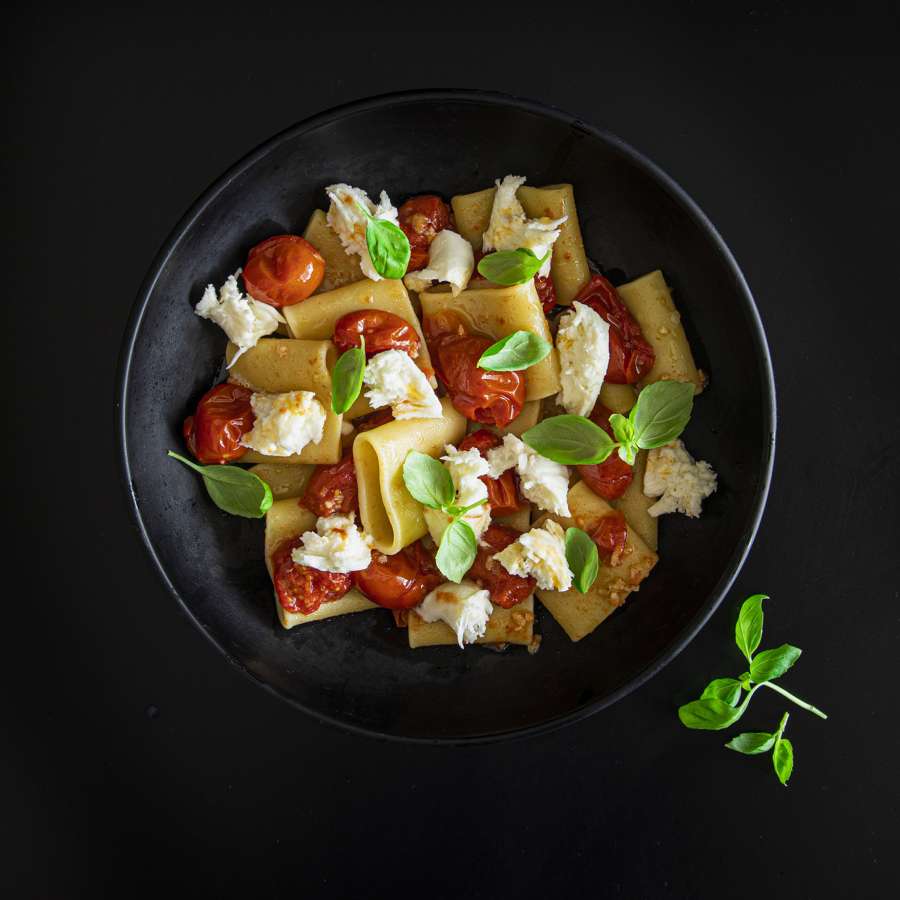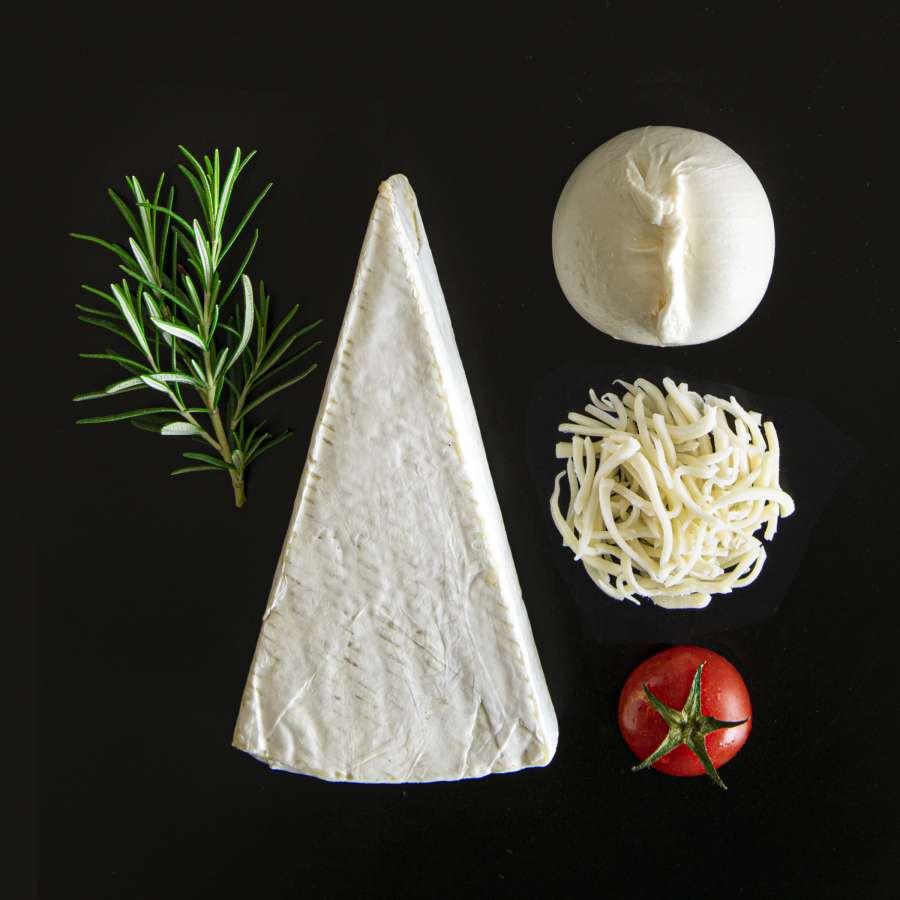Have you ever heard of "Latte Fieno" (Hay Milk)? Also known as "Heumilch" in Austria and Germany, or "Lait de foin" in France, this special type of milk represents a true return to origins, a production method rooted in the most authentic dairy tradition. It's no coincidence that the European Union has awarded it the prestigious TSG mark – Traditional Speciality Guaranteed – a recognition that certifies its unique and rigorous production method, established by Regulation (EU) 2016/304.
But what makes Hay Milk so special, and why do we at Gourm.it think it deserves your attention? Let's find out together.
Nature in a Glass: The Secrets of Hay Milk TSG
To bear the "Hay Milk TSG" mark, the milk must come from farms that follow traditional and sustainable practices, with a focus on animal welfare and the naturalness of the final product. The heart of this philosophy lies in the cows' diet:
- Strictly Natural Diet: The cows feed exclusively on fresh grass, legumes, cereals, and dry preserved fodder such as hay and straw. At least 75% of the dry matter in their annual diet must consist of fiber-rich coarse fodder.
- No GMOs: The use of genetically modified organisms (GMOs) in feed is strictly prohibited.
- No Silage: A crucial point is the absolute exclusion of fermented feeds, so-called "silage" (like corn silage). This choice preserves the original microbial flora of the milk, which is fundamental for cheesemaking and for the organoleptic characteristics of the product.
A Strict Standard for Superior Quality
The Hay Milk TSG standard doesn't stop there. It also provides precise restrictions on other types of feed:
- No Wet Industrial By-products: Industrial by-products from beer, cider, alcohol distillation, or other wet industrial by-products (e.g., wet brewers' grains, wet pulp) are prohibited. Exceptions are dried pulp and molasses from sugar production and dry protein feeds from cereal processing.
- Animal-Derived Feeds Excluded: Animal meals are prohibited, with the exception of milk and whey for young animals.
- No Waste or Urea: Feeding garden and fruit waste, potatoes, and urea is prohibited.
The environment in which the animals live and the fodder is grown is also carefully regulated. The use of chemical plant protection products on fodder surfaces is restricted to selective and targeted application under the supervision of expert agricultural consultants. Even the application of authorized powdered substances for fly control in barns is only allowed when lactating cows are absent.
Hay Milk in Europe and Italy
This production method is particularly widespread in countries like Austria, where it accounts for about 15% of total milk production with over 450 million liters annually, and it is also gaining ground in France. Unfortunately, in Italy, Hay Milk has not yet achieved widespread adoption, remaining a niche choice for producers particularly attentive to quality and tradition.
Ferrari Bio: An Italian Excellence in Hay Milk
Among the Italian companies that have passionately embraced the Hay Milk TSG standard is Ferrari Bio. Located in the picturesque hills of the Reggiano Apennines, this farm is entirely organic and boasts a history of animal husbandry dating back to 1978, always based on a deep respect for animals and nature.
Ferrari Bio's choice is particularly significant because their milk is primarily intended for the production of Organic Parmigiano Reggiano. The company operates on the principle of a short supply chain and "kilometer zero": it exclusively uses milk from cows born and raised on its own farm and fed only on fodder grown in its fields. This dedication to quality was rewarded, for example, with a gold medal at the WORLD CHEESE AWARDS in 2014 for their 24-month aged Parmigiano Reggiano.
Ferrari Bio products offer a kind of "triple guarantee": they comply with the organic standard, the Parmigiano Reggiano standard, and, of course, the Hay Milk standard. A powerful assurance of quality and wholesomeness.
Beyond milk for the King of Cheeses, Ferrari Bio uses its precious organic and Hay Milk to create other delicious products: yogurt, a spreadable Parmigiano Reggiano cream called "Pillow" for its softness, and desserts such as puddings or panna cotta. Their organic milk is also recommended for direct consumption as a beverage.
